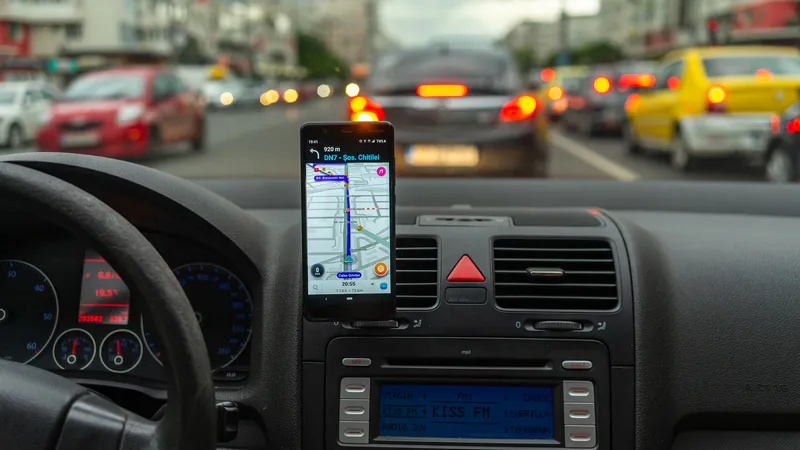Proposed US legislation which advocates funnelling hundreds of millions of dollars into smart city developments has been brought back before lawmakers.
Congresswoman Suzan DelBene, senator Maria Cantwell and congressman Ben Ray Luján have re-introduced the Smart Cities and Communities Act to promote the advancement of smart cities.
DelBene says: “Utilising smart technologies to our advantage will allow cities to invest in clean infrastructure projects that reduce pollution, create good-paying jobs, and expand our middle class.”
The bill, originally introduced in 2017, authorises $220 million for smart city investments for over five years and will also:
- Enhance federal coordination of smart city programmes, including improved reporting and demonstration of the value and utility of smart city systems.
- Provide assistance and resources to local governments interested in implementing relevant technologies.
- Develop a skilled and tech-savvy domestic workforce.
- Improve the quality and performance of smart city technologies while assessing and enhancing cybersecurity and privacy protections.
Tommy Ross, senior policy director at Business Software Alliance, has applauded the decision to re-introduce the bill.
“Smart cities are the future and it’s important that governments have the resources they need to advance workforce development initiatives and enhance cybersecurity and privacy protections for the US economy,” he adds.









